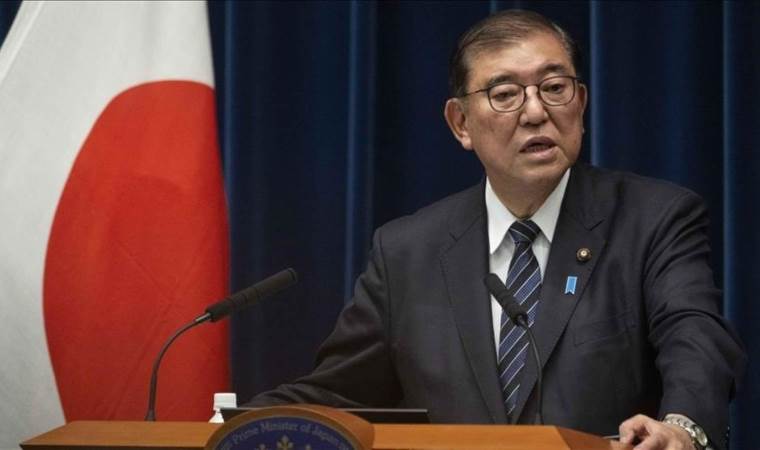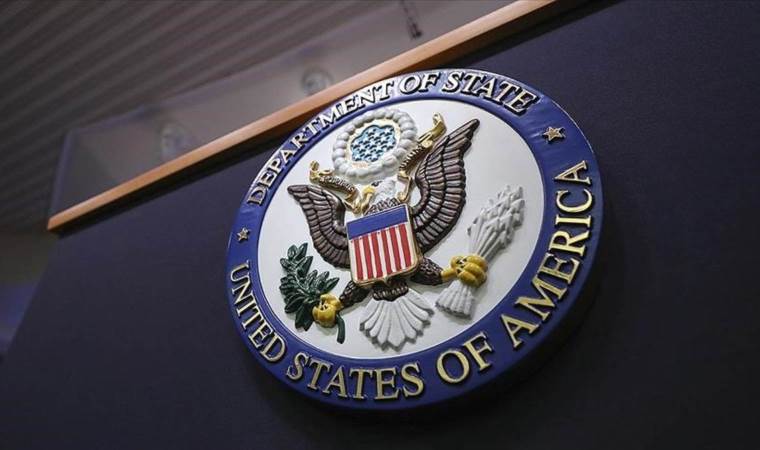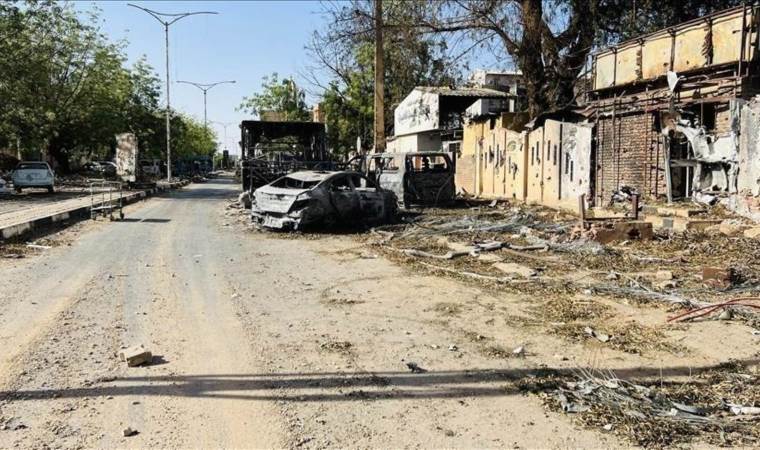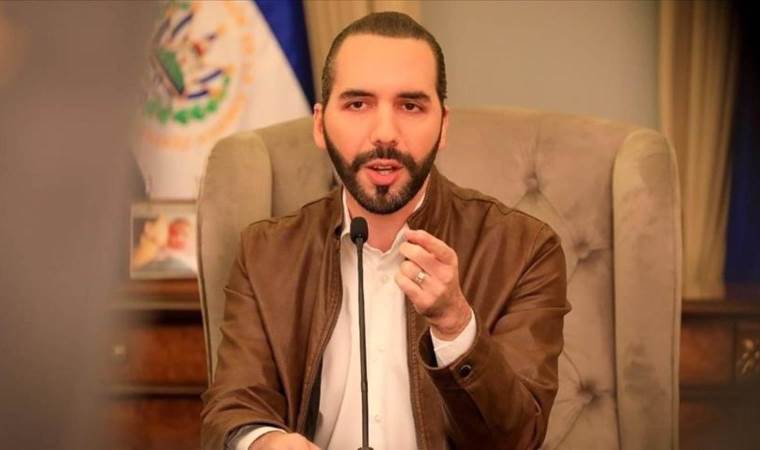WHO chief calls for action against cervical cancer
As the G20 Leaders’ Summit takes place in Rio de Janeiro, Brazil, the World Health Organization (WHO) has called for decisive global action to eliminate cervical cancer, a preventable disease that claims the lives of over 350,000 women annually.
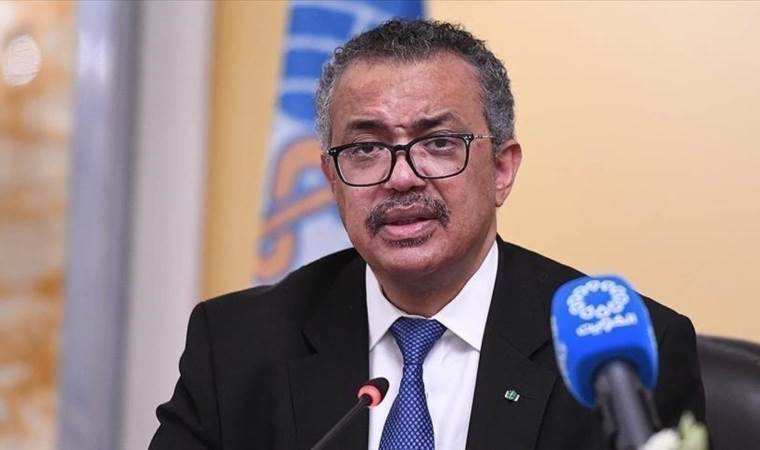
In an op-ed published ahead of the summit, WHO Director-General Tedros Adhanom Ghebreyesus emphasized the urgency and feasibility of eliminating cervical cancer, describing it as an historic opportunity.
"Unlike most other cancers, almost all cervical cancer cases and deaths can be averted," he wrote, highlighting the transformative impact of vaccines, diagnostics and treatments in combating the disease.
Nearly all cervical cancer is caused by the human papillomavirus (HPV) and disproportionately affects women in low- and middle-income countries, which account for 94% of cervical cancer deaths.
While high-income nations are nearing elimination—defined as fewer than four cases per 100,000 women—many countries still lack equitable access to life-saving tools.
The global burden is staggering, with 660,000 new cases diagnosed annually. These losses devastate families and communities, leaving children orphaned and plunging families into poverty.
With scientific advances, achieving this target has become increasingly realistic. The introduction of a single-dose HPV vaccine, now adopted by 60 countries, is a game-changer in improving vaccination coverage, he said.
Since the WHO's 2018 call to action, more than 60 additional countries have included the HPV vaccine in their immunization programs, bringing the total to 144.
Tedros stressed that achieving elimination depends on a strong political commitment and international cooperation to ensure equitable access to the tools needed. “Realizing this opportunity requires determined political leadership,” he said.
The WHO hopes the G20 summit will galvanize support for expanded vaccination programs, enhanced diagnostic services and accessible treatments, particularly in resource-limited settings.
Cervical cancer elimination would be a monumental public health achievement and a testament to the power of global solidarity.
"We have the tools and the opportunity," said Tedros, adding "now is the time to act."
Most Read News
-
 Pope Francis dies at 88 after prolonged illness: Vatican
Pope Francis dies at 88 after prolonged illness: Vatican
-
 Kremlin ‘satisfied’ with US position ruling out NATO mem
Kremlin ‘satisfied’ with US position ruling out NATO mem
-
 Russia, Ukraine report airstrikes as Putin’s Easter ceas
Russia, Ukraine report airstrikes as Putin’s Easter ceas
-
 Trump ‘values’ talks with Japan, says Premier Ishiba ami
Trump ‘values’ talks with Japan, says Premier Ishiba ami
-
 US scales back development, diplomatic presence in Afric
US scales back development, diplomatic presence in Afric
-
 Israel bans Palestinian minister from occupied West Bank
Israel bans Palestinian minister from occupied West Bank
-
 At least 33 civilians killed in RSF shelling of Sudan’s
At least 33 civilians killed in RSF shelling of Sudan’s
-
 Gold price exceeds $3,400 to reach new record high amid
Gold price exceeds $3,400 to reach new record high amid
-
 China sanctions US lawmakers, officials, NGO heads
China sanctions US lawmakers, officials, NGO heads
-
 El Salvador’s president calls on Maduro to release Venez
El Salvador’s president calls on Maduro to release Venez



